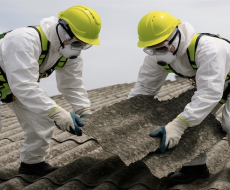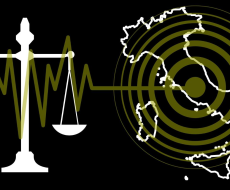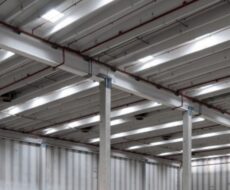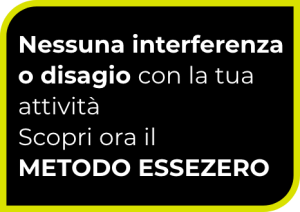
March 24, 2022
Italy’s tax break schemes on construction and relevant compliance certificate
Italian legislation has determined the extension of eligibility for tax credit on costs incurred in 2021 and 2022.
In recent months, certain limits have been imposed on many of the more recent tax relief incentives for earthquake strengthening, home upgrades, green buildings, facade upgrades, renovations, tax credits for photovoltaic systems and for the installation of charging stations, to help prevent fraud against the Italian government.

Tax break schemes on construction and fraud checks.
All these tax relief incentives, and especially the mechanisms that allow for invoice discounts, are being scrutinized by Italy’s inland revenue as, in some cases, tax benefits have been awarded to ghost companies or projects that have never got off the ground.
An anti-fraud decree (DL 157/2021) was thus brought in to control the practice of invoice discounts.
While not making it into law, it was nonetheless established (in the 2022 Italian budget bill L. 234/2021) that the costs involved in meeting the relevant requirements are deductible and the process has been somewhat simplified. With so many overlapping regulations, some clarification is in order.
Compliance certificate and reasonableness of costs
In Italy, the compliance certificate is a document that serves to confirm that the declarations and documentation produced are in order, making the tax break application legitimate. More specifically, the certificate attests that the work in question has met the requirements to qualify for the tax credit being applied for.
Who can issue it?
There are a number of people in Italy who can issue this document — including CAF tax assistance centres, accountants, employment consultants and experts registered with the Chambers of Commerce — and their job is to check that the various required certificates and sworn statements issued by the relevant technical professionals are accounted for.
Qualified technical personnel must confirm that the prices are reasonable according to the latest relevant guidelines.
These prices and maximum values for certain categories of goods are set out in two separate decrees.
Essentially, this is a checklist ticking exercise, without going into the detail of the technical content.
Italian law (budget bill for 2022) also introduced a number of exceptions to the obligation to submit the compliance certificate and certificate attesting to the reasonableness of costs when applying for tax breaks for earthquake strengthening, green building and renovations.
Find out how the Sisma Bonus seismic work tax break scheme works in Italy in 2022.
Compliance certificate for the superbonus home upgrade scheme
According to the new rules introduced by the Italian anti-fraud decree, a compliance certificate may be required when applying for a direct tax credit.
A compliance certificate is always required when it comes to tax relief under the Superbonus scheme, including in the event you are using this credit directly.
However, there are some exceptions to this rule. For the Superbonus scheme, they are as follows:
- the taxpayer accepts the ready-compiled declaration;
- the taxpayer sends this declaration via their withholding agent (generally their employer using the tax return form);
- there is already a compliance certificate that includes the whole declaration.
Exceptions for other tax break schemes on construction
The Italian budget bill for 2022 has introduced a simplified procedure for tax breaks on the cost of renovations, green building and earthquake strengthening, while the cost of work on facades is not included. There is no need to obtain the compliance certificate and certificate attesting to the reasonableness of costs in certain situations.
In the following cases, there is no need to supply the certificate when other tax relief incentives are involved:
- use of direct credit;
- where the work does not require a permit (does not apply to the facade upgrade scheme);
- work does not exceed € 10,000 (does not apply to the facade upgrade scheme).
In all other cases, it is always required.
Italian legislation has determined that the costs involved in procuring the compliance certificate and certificate attesting to the reasonableness of costs are still deductible, even where they are incurred in 2021 or 2022.
Initially, there was some uncertainty due to overlapping regulations. New requirements were introduced by the Italian anti-fraud decree on 12 November 2021. The contents of this decree were then incorporated into the 2022 budget bill, which introduced the deductibility of costs incurred to obtain the compliance certificate and certificate attesting to the reasonableness of costs. While the 2022 budget bill, and hence the deductibility of these two procedures, came into effect on 1 January 2022, it was later decreed that the costs involved in procuring these documents are deductible even where they are incurred after 12 November 2021.






